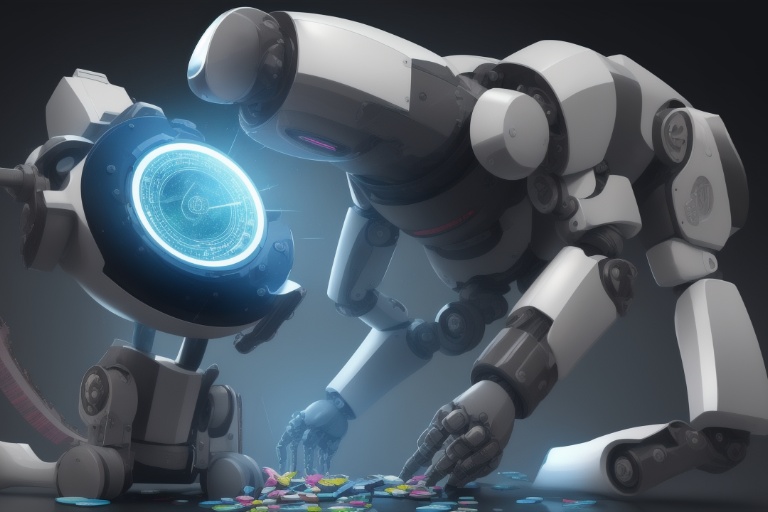The accelerating pace of artificial intelligence (AI) continues to promise transformation across industries, reshaping not just the way we work, but the fabric of employment itself. This seismic shift generates both concern and excitement—concern for the potential displacement of jobs by sophisticated machines, balanced by the thrill of innovation and the birth of novel vocations previously unimagined.
The accelerating pace of artificial intelligence (AI) continues to promise transformation across industries, reshaping not just the way we work, but the fabric of employment itself. This seismic shift generates both concern and excitement—concern for the potential displacement of jobs by sophisticated machines, balanced by the thrill of innovation and the birth of novel vocations previously unimagined.
The Double-Edged Sword of AI in the Workforce
AI's impact on the workforce manifests as a double-edged sword. On one edge, anxiety looms over certain job markets where AI systems excel—those dominated by repetitive tasks and crisp instructions ripe for automation. Conversely, professions that hinge on high emotional and social intelligence appear insulated from this wave of change. Consider the complexity embedded within the responsibilities shouldered by executives, educators, legal professionals, graphic designers, computer scientists, psychiatrists, and artists: these roles draw upon a tapestry of qualitative skills, nuanced social interactions, and emotional subtleties that, as of now, AI can only aspire to emulate.
The Inherent Strength of Human Creativity
AI's current Achilles' heel is its relative inflexibility in the face of tasks demanding creativity and imaginative problem-solving. A program can churn through algorithms at breathtaking speeds, and yet it stumbles where originality is key. This intrinsic limitation offers security to those whose work requires a spark of ingenuity—a reprieve amidst the encroaching tide of automation.
The AI-Fueled Evolution of Job Markets
Despite fears of job losses, AI is not merely a harbinger of redundancy but a catalyst for the creation of new goods and services. It's anticipated that entire subsets of jobs will emerge from AI's wake: industries we have yet to envision will materialize, demanding skill sets we've yet to define. For instance, data is the lifeblood of AI, and as such, experts in data sourcing, annotation, engineering, labeling, and management will see their expertise in higher demand than ever before.
Adapting to Change: The Survival of the Tech-Savvy
In industries where AI's influence is palpable, job security may hinge not on insulation from AI, but on the mastery of it. The ability to harness these systems, to augment human performance with machine efficiency, will become a tremendous asset. Those who grasp how to wield these tools will distinguish themselves in the evolving job market.
Grounding AI Projections with Realism
A prudent perspective on AI's impact is crucial, especially in the face of speculative forecasts. Take, for example, the 2014 prediction that nearly half of all jobs would be automated by 2034—a projection which now seems overstated. While it is undeniable that AI technology will increasingly permeate job roles, the reality appears to be one of gradual integration rather than catastrophic displacement. The value of human ingenuity, creativity, and affective capabilities cannot be overstated when evaluating the enduring importance of certain roles in the workforce.
In sum, as AI entrenches itself deeper into the bedrock of industry, the clarion call for workers is adaptation. It's imperative to stay abreast of technological advancements and to refine one’s skill set accordingly. Those who can blend the unique creativity and emotional intelligence inherent to humanity with the raw processing power of AI will find themselves not just surviving, but thriving in the future we are collectively crafting.
Information for this article was gathered from the following source.




